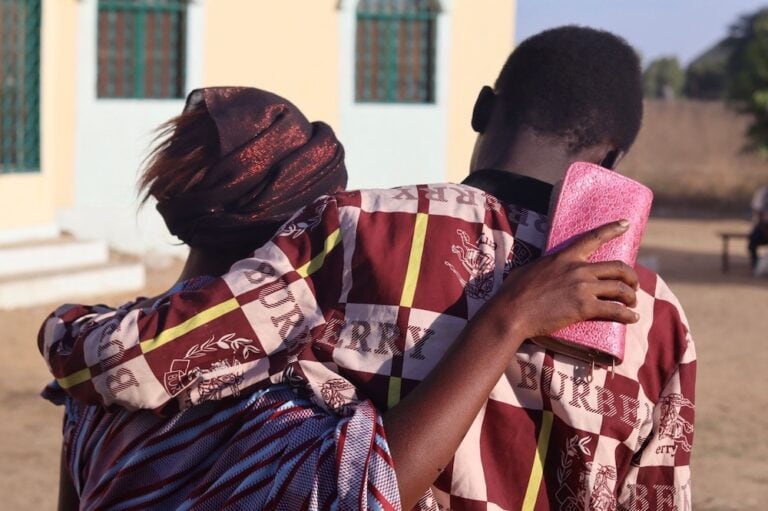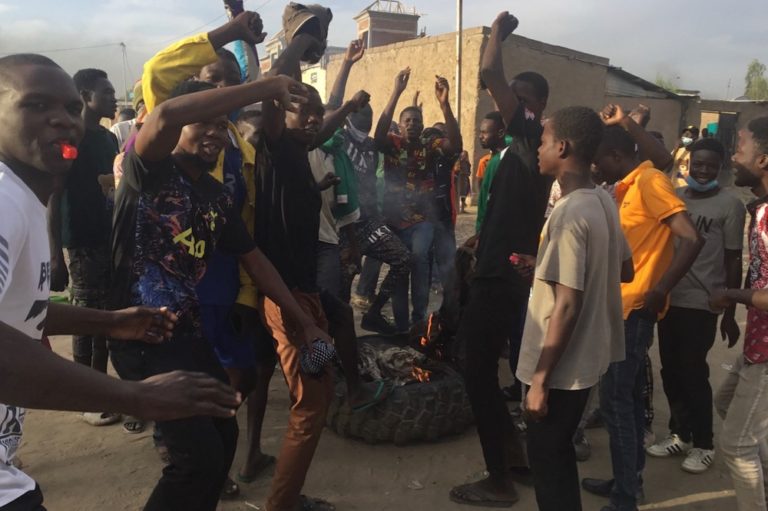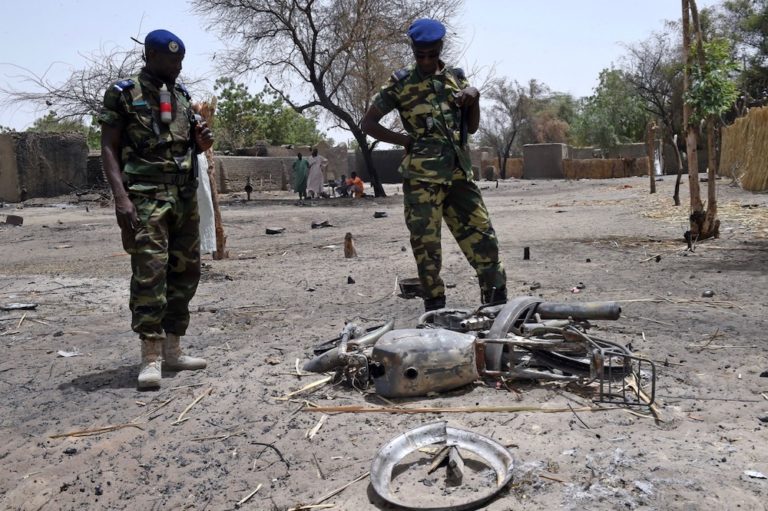Chadian radio reporter Ali Hamata Achène has just been sentenced to six months in prison and fined for his Facebook post about the local judicial system's slowness and cases of alleged corruption.
This statement was originally published on rsf.org on 8 January 2020.
Reporters Without Borders (RSF) is appalled that a radio reporter has just been given a prison sentence for criticizing the judicial system in a provincial city in Chad, becoming the second Chadian journalist to be jailed for defamation in recent months. The sole aim of these disproportionate sentences is to silence journalists.
You report at your peril in Chad. The latest victim is Ali Hamata Achène, a reporter for DJA FM in Mongo, a city 400 km east of the capital. Held since 26 December, he was sentenced yesterday to six months in prison and fined the equivalent of 152 euros on charges of defamation and contempt of court because of a Facebook post about the local judicial system’s slowness and cases of alleged corruption.
“Are the Chadian authorities going to jail every journalist who is accused of defamation?” said Arnaud Froger, the head of RSF’s Africa desk. “Giving prison sentences for ordinary press offences is a serious abuse. The merits of these cases have been extremely questionable and the sanctions imposed totally unjustified and disproportionate.“ As things stand, Chadian law enables plaintiffs to have a journalist detained whenever they dislike what has been reported. This constitutes a serious attack on press freedom and a major threat to journalism in Chad. These sentences also completely contradict what the president recently said about the right to criticize.”
Achène’s radio station said in a statement that his arrest was a result of his research into the local judicial system. He went to see an investigating judge to confront him with his findings and, three days later, he was summoned and arrested by a member of the judicial police, the radio station said.
During a forum on digital communication in Chad in July 2019, President Idriss Deby Itno urged his fellow citizens to “express themselves with complete freedom” and to “freely criticize” the conduct of public affairs and the actions of those in power. This was their “most absolute right,” he said.
The other Chadian journalist to receive a prison sentence on a defamation charge in recent months is Martin Inoua Doulguet, the editor of the Ndjamena-based quarterly Salam Info, who is being held in the most appalling conditions, as RSF reported in December. He sleeps on the ground in an improvised cell built by the detainees themselves and has to pay to use a clean shower and toilet. He was arrested in mid-August and was sentenced a month later to three years in prison on charges of libel and “association for the purpose of computer crime” in connection with his coverage of a case involving a former health minister who was accused by her niece of sexual assault. Ever since launching Salam Info in 2018, Doulguet had been the repeated target of summonses and threats in connection with his coverage of corruption. His home and his care were also set on fire.
Chad is ranked 122nd out of 180 countries in RSF’s 2019 World Press Freedom Index.



